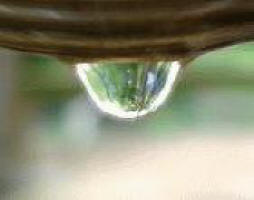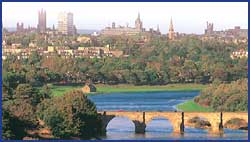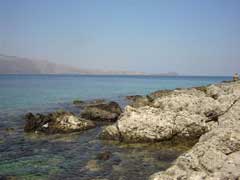 Side event “Wetlands and Peat – Understanding the Potential”
Side event “Wetlands and Peat – Understanding the Potential”
Saturday 12 November 2016
European Union Pavilion, Blue zone of the venue Bab Ighli, Room Brussels
Wetlands are one of the fastest declining ecosystem types worldwide, while at the same time they are hot spot areas for biodiversity and for provision of ecosystem services; such as hydrological buffers against floods and droughts, facilitating climate change adaptation.
Although peatlands, a particular type of wetlands, only cover about 4 million km2, they store significant amounts of carbon. Peatland degradation is responsible for an estimated 5 per cent of global GHG emissions.
Information on the extent of wetlands, their ecological character and level of degradation is scattered, underestimated and difficult to find and access.
To address the issue of the lack of data, the side event presented solutions for gathering information, e.g. provided by SWOS, the Satellite-based Wetland Observation Service. In regard to the need to improve the peatland management in order to reduce the GHG emissions, a new global Initiative of nine key organizations have been launched.
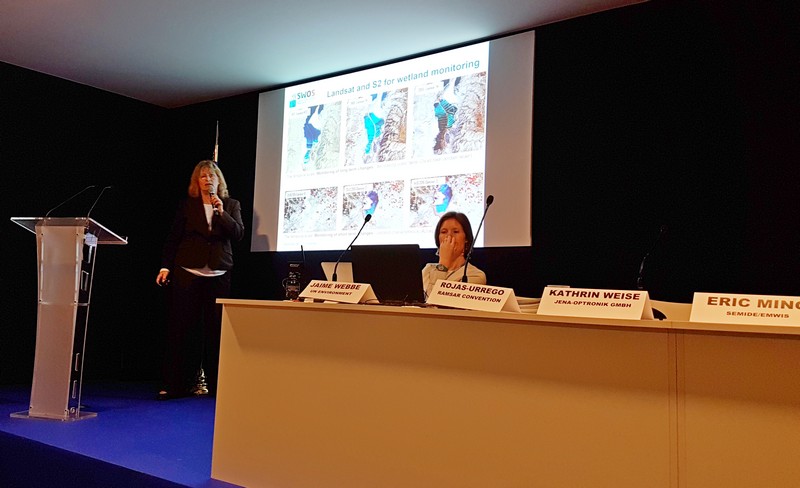 |
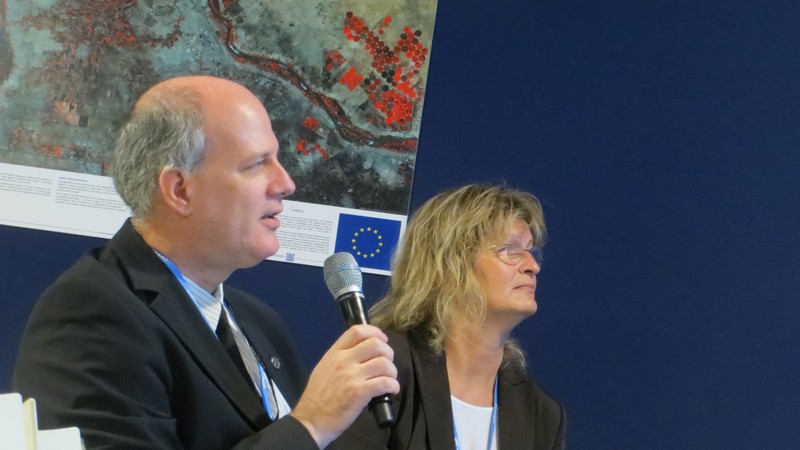 |
 |
|
| Released | 15/11/2016 |
|---|---|
| Geographical coverage | Morocco, |
Agenda
- The status of the world wetlands and importance of wetlands for climate change by Martha Rojas-Urrego, Ramsar SG
Part 1 SWOS - the Satellite based Wetland Observation Service
- How can satellite derived information support the monitoring of the ecological character and degradation in wetlands by Kathrin Weise, JOP
- Better integration of wetlands in river basin management plans thanks to Earth Observation by Eric Mino, SEMIDE/EMWIS
- How can Earth Observation based data provide information on Ecosystem Services indicators in relation with climate change? Mailis Renaudin, TdV/Medwet
Part 2 Peatlands
- Why peatlands matter by Marcel Silvius, WI
- The peatland data we have and the data we need by Martial Bernoux, FAO
Conclusions
- Kathrin Weise, JOP
- Martha Rojas-Urrego, Ramsar SG
- Jaime Webbe, UNEP
 you are not logged in
you are not logged in
